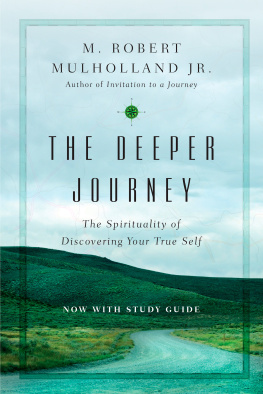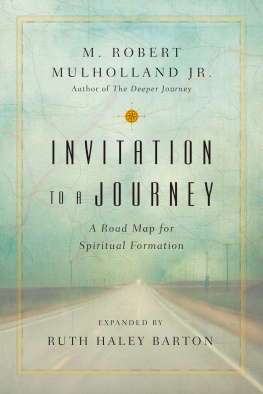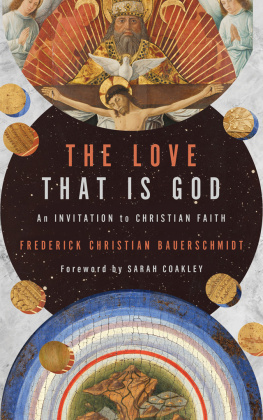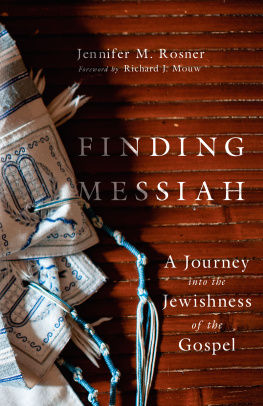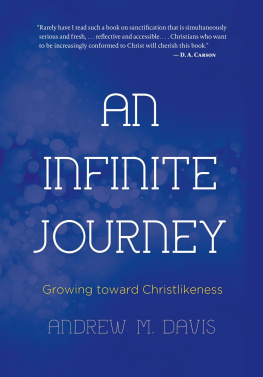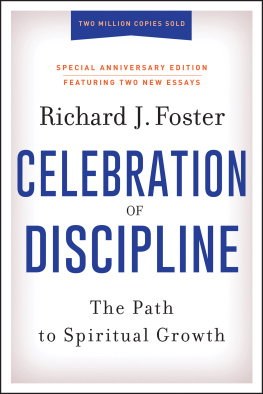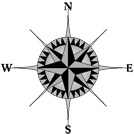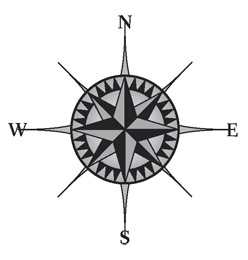Sommaire
Pagination de l'dition papier
Guide
THE DEEPER
JOURNEY
The Spirituality of
Discovering Your True Self
M. ROBERT
MULHOLLAND JR.
NOW WITH STUDY GUIDE
InterVarsity Press
P.O. Box 1400, Downers Grove, IL 60515-1426
ivpress.com
Expanded edition 2016 by Gweneth Lynn Mulholland
Previous edition 2006 by M. Robert Mulholland Jr.
All rights reserved. No part of this book may be reproduced in any form without written permission from InterVarsity Press.
InterVarsity Pressis the book-publishing division of InterVarsity Christian Fellowship/USA, a movement of students and faculty active on campus at hundreds of universities, colleges and schools of nursing in the United States of America, and a member movement of the International Fellowship of Evangelical Students. For information about local and regional activities, visit intervarsity.org.
All Scripture quotations, unless otherwise indicated, are the authors own translation.
While any stories in this book are true, some names and identifying information may have been changed to protect the privacy of individuals.
The publisher cannot verify the accuracy or functionality of website URLs used in this book beyond the date of publication.
Cover design: Cindy Kiple
Interior design: Beth McGill
Images: pauloribau / iStockphoto
ISBN 978-0-8308-9374-4 (digital)
ISBN 978-0-8308-4618-4 (print)
This digital document has been produced by Nord Compo.
For Lynn,
beloved companion on the journey
FOREWORD
by Ruth Haley Barton
The core of our being is drawn like a stone to the quiet depths of each moment where God waits for us with eternal longing. But to those depths the false self will not let us travel. Like stones skipped across the surface of the water we are kept skimming along the peripheral, one-dimensional fringes of life. To sink is to vanish. To sink into the unknown depths of Gods call to union with himself is to lose all that the false self knows and cherishes. JAMES FINLEY
F or many of us the writings of Thomas Merton published in the 1950s and 60s were perhaps our first exposure to the idea of the true self and the false selfor at least exposure to those terms. For others it was Bob Mulholland and The Deeper Journey that first exposed us to these terms, picking up where Merton left off, writing overtly and unapologetically as a New Testament theologian and Greek scholar.
Mulholland gives careful attention to New Testament texts in their original languages and in so doing locates teachings about the true self and false self solidly within a New Testament context and orthodox Christianity to our great benefit. While using the fresh language of the true and false self, he makes it clear he is actually referring to something very oldthe new man and old man, the new creation and old creation, the sin nature and the Christ-in-you nature that is addressed over and over again in Scripture. In a feat that is really quite thrilling, he weaves together in one seamless garment solid biblical exegesis with references to a wide range of Christian sources, such as the desert mothers and fathers, John of the Cross, Henri Nouwen, Thomas Kelly, and Thomas Merton himself. Mulhollands personal and contemporary illustrations add just the right amount of practical application to make this work utterly relevant, helpful, and hopeful for those who are seeking to move beyond merely imitating Christ to a more mature understanding and experience of the Christian life as loving union with God in the depths of our being. He makes the case that the goal of the Christian life is loving union with God and the outcome of the goal is Christlikeness. This is a subtle but profound shift.
Another significant offering in this work is Mulhollands description of the religious false self in all its manifestations. While I am not going to give it all away here (you will need to read the book!), this facet of the journey should be of interest to all of us who are Christians and presume that because we are religious everything is fine in our relationship with God. Turns out nothing could be further from the truth and after things get pretty uncomfortable Bob leads us to consider an encouraging and hope-filled vision for discovering our true life hidden with Christ in God. In his words, This is a life of radical abandonment to God in love and equally radical availability to God for others so that in all circumstances and relationships our life becomes one in whom God is present for others (139).
For those who have read and loved Bobs first book, Invitation to a Journey, this is the perfect next step as he further develops some of the themes he barely introduced in that work. His on the principles of the deeper journey and the practices that go along with it will offer valuable means of entering into the journey we are all longing for.
THE GOAL
Gracious and loving God, in love you spoke me into being before the foundation of the world. Your love has enfolded and indwelled me through all the winding paths of my life, and your love has prepared me for this book. Help me so to open myself to your indwelling love that this book may be a place of transforming encounter with you. Amen.
I suspect you are reading this book because the idea of a deeper journey touched a chord within you. You may have been on the Christian journey for some time or perhaps you are a newcomer to life in Christ. Whichever the case, you may have reached a point in your walk with God where your relationship with God has become somewhat stale. The things that excited and stimulated you at the first stages of your journey have become routine. You hunger for a deeper, richer, fuller life with God.
Once I asked the pastor of a large, vigorous, dynamic, growing church with a strong emphasis on the deeper life in Christand a church that confirmed fifty to seventy-five new members each weekwhere these people were coming from. His response surprised me. He told me that almost all of these people had begun their journey in Christ in an even larger, more vigorous, more dynamic church whose worship was leading-edge contemporary, whose focus was strongly charismatic and whose corporate life centered in highly emotional expressions of faith in God. These people would stay in this church for about two to three years and then the novelty and excitement would become ritualized and dry for them. They began to hunger, in his words, for something deeper. They began to sense that there was more to the Christian life.
You may have asked yourself, Isnt there more to the Christian life than being active in a Christian community, affirming a certain set of beliefs, adopting a particular behavior pattern? You may have wondered about the purpose of the Christian life. As you probably know well, this line of questions brings forth a multitude of answers. This multiplicity itself reveals a great lack of clarity on the nature of the Christian life.
The biblical answer to the question is: To be like Jesus. You may be thinking that this is pretty ambiguous, and given the diversity of ideas of what being like Jesus entails, you would be right. For instance, is the recent fad of What Would Jesus Do? with its jewelry, clothing, Bible covers and bracelets the way to be like Jesus? Or is there much more to it than this? Just what does it mean to be like Jesus? Lets investigate some of the biblical indicators.

